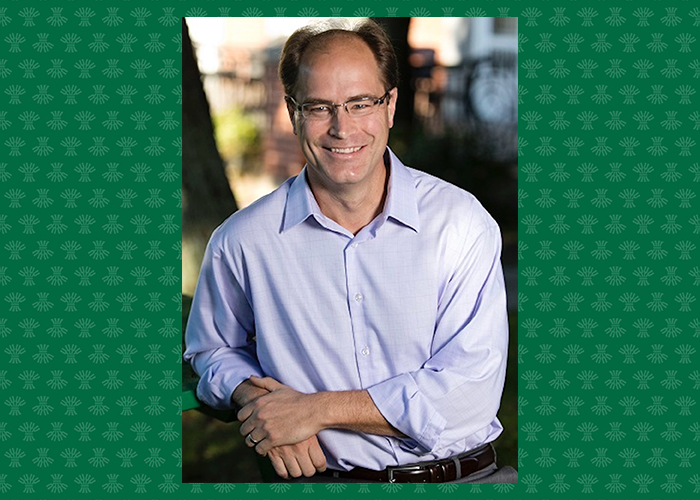
Physician in the field: Niels Koehncke on the 'flip side' of medicine
Most patients at a hospital or a clinic walk in sick. Doctors do their best to treat their ailments.
By Researchers Under the ScopeListen to all episodes of Researchers Under the Scope podcast.
Subscribe to the podcast on Spotify or Apple Podcasts
But Dr. Niels Koehncke's patients aren't necessarily sick. In fact, most are reasonably healthy and still on the job.
Still, their duties at work often lead to a plethora of risky situations and occupational hazards.
"It's the flip side of healthy, or at least people healthy enough to work suddenly being exposed to these environments that are really unusual," said Koehncke, the director of the Canadian Centre for Health and Safety in Agriculture (CCHSA).
"It's very intriguing," Koehncke said.
As an associate professor, Koehncke teaches occupational medicine at the University of Saskatchewan's College of Medicine, and he sees outpatients in a clinical setting regularly.
In Saskatchewan, occupational medicine specialists see a higher proportion of farmers, ranchers and agricultural workers in their case load, along with miners and oilpatch workers.
As such, Koehncke wears a number of hats (including a real hardhat), as he collaborates with respirologists, veterinarians, pathologists, neurologists and population health specialists to better understand and mitigate on-the-job hazards.
"The team here [at CCHSA] is so remarkable," he said. "If you're practicing occupational medicine in Saskatchewan, agriculture is going to be a big industry that you come across."
Koehncke spent nearly two decades as Saskatchewan's chief occupational medical officer, and became heavily involved in fatality and injury surveillance on farms.
Through his career, Koehncke also gained practical experience assessing industrial sites through tours and hands-on work at mines, oilfield installations, and foundries.
"The safety is sometimes very obvious, you know, you don't want to get run over by that forklift coming towards you," said Koehncke.
"But the health stuff is less obvious and is sometimes more insidious. And it was just really fascinating."
In this episode, Koehncke speaks about why he became "an occ doc", and about the challenges of compiling and analyzing data from wildly different sources inside workplaces.
From noise, vibration, radiation, heat, cold, ergnomic problems. chemicals, dust, fibres, to psychological and biological hazards that can do long-term damage to frontline workers, Koehncke said there's a role for input from workers, followed by careful analysis and data collection.
That goes hand-in-hand with outreach work, to convey improvements and strategies keeping workers safer on the job.
"Work doesn't have to be a place that actually is harmful to our health over time," Koehncke said.
"We come up with better ways of addressing the risks that actually result in a reduction of mortality and a reduction of illness in the workforce."
